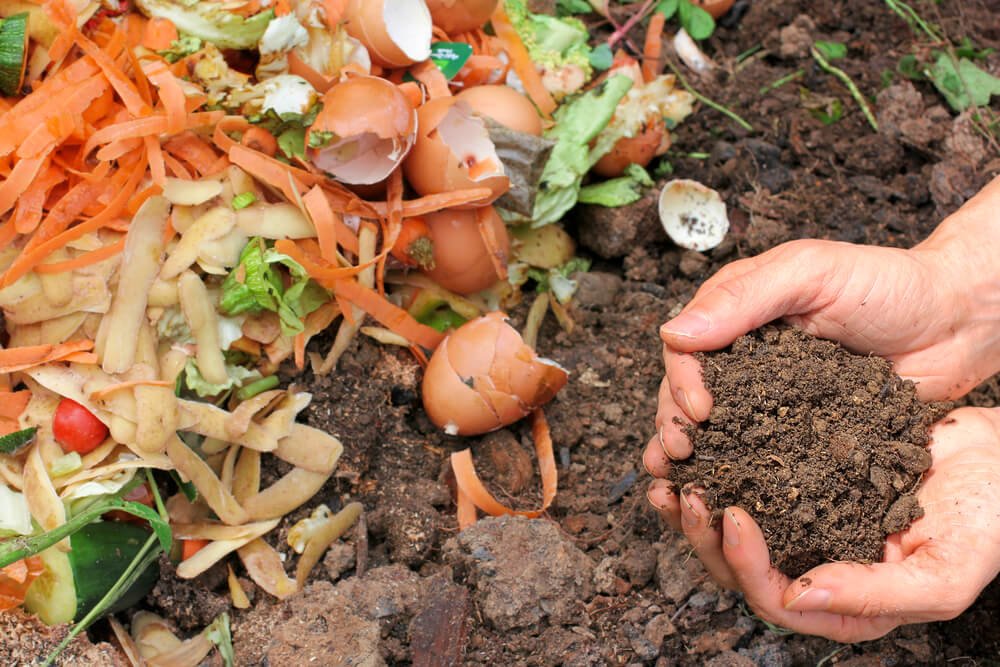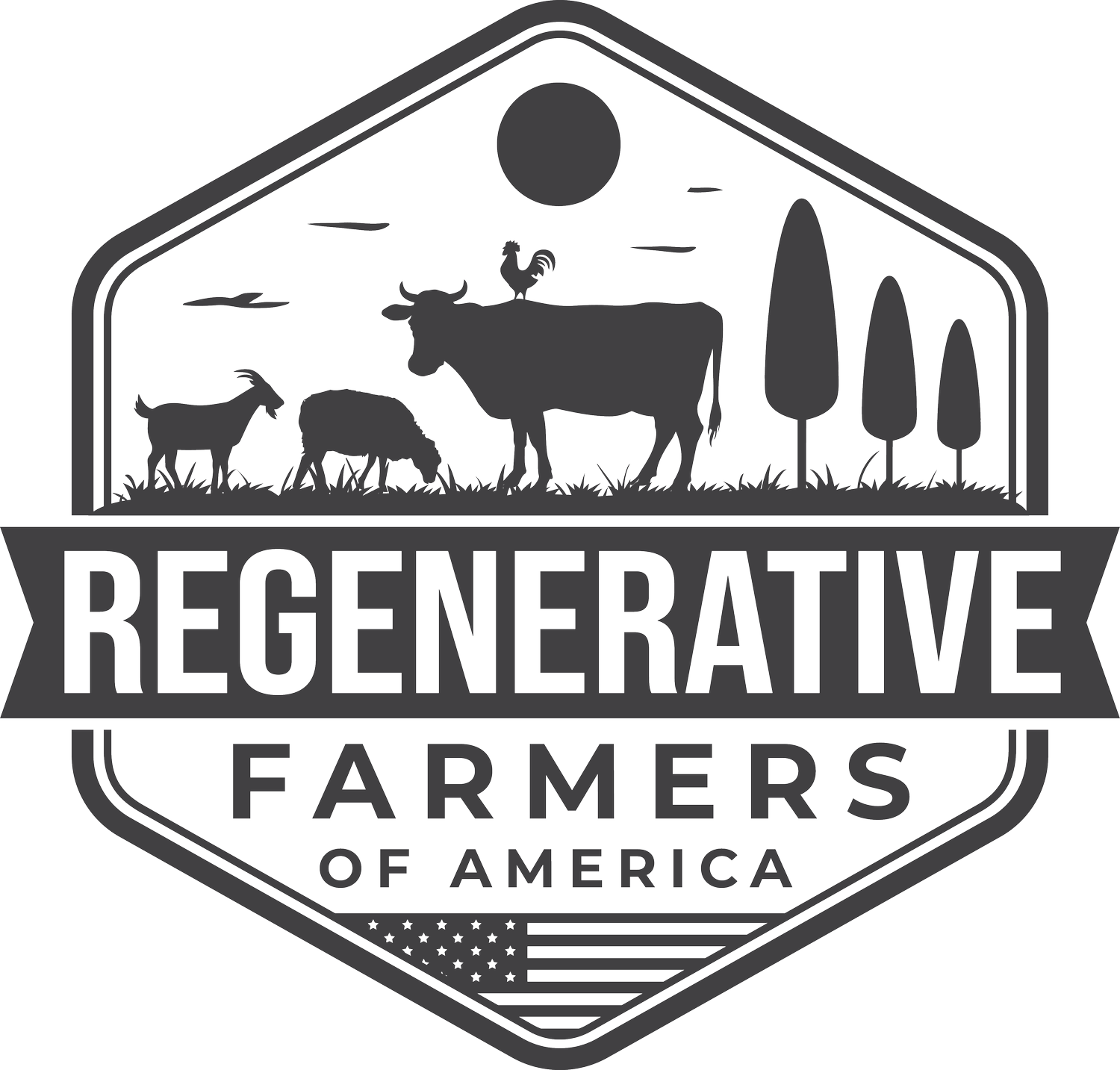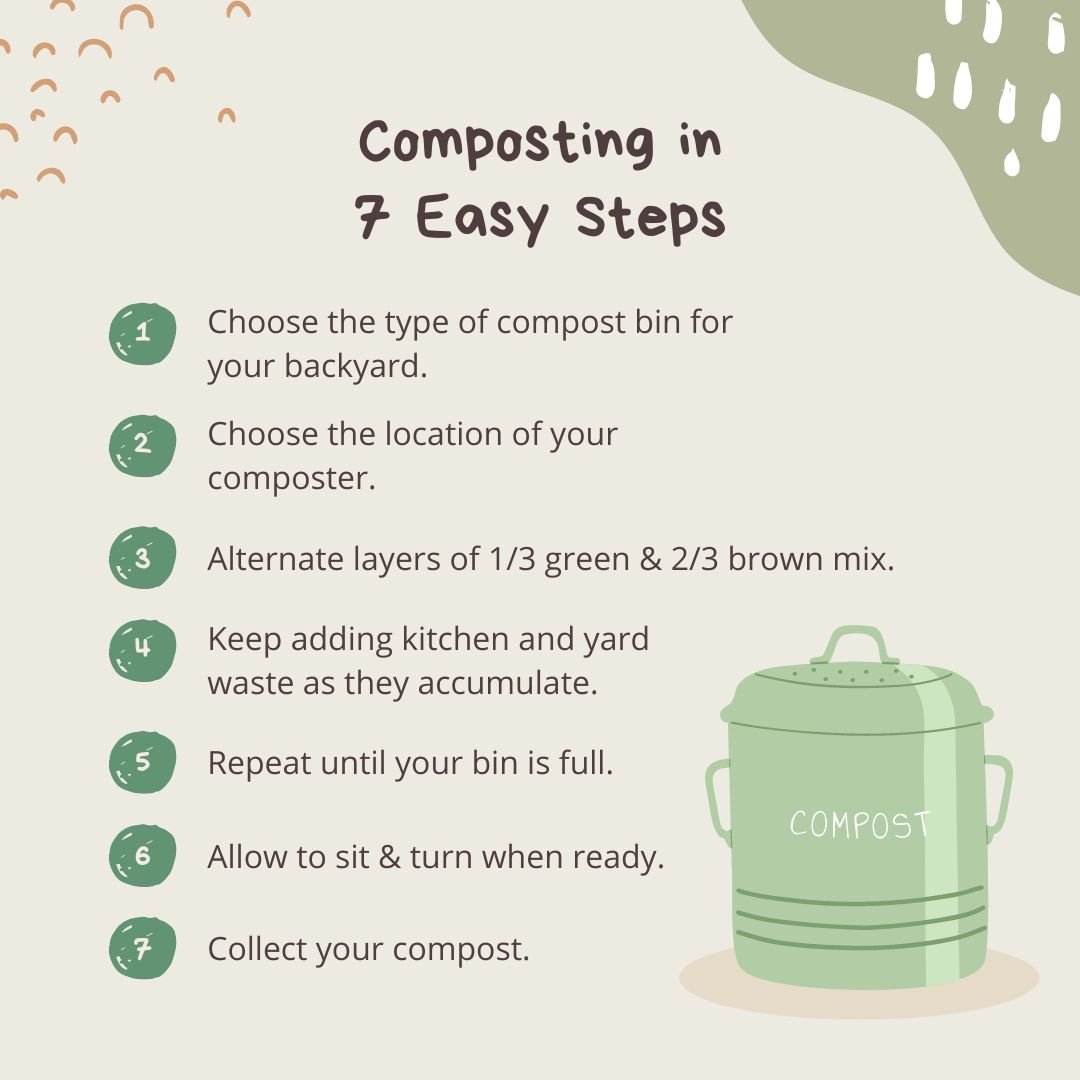
Compost
What is Compost?
Compost is organic material that can be added to soil to help plants grow. Food scraps and yard waste together make up more than 30% of what we throw away, and could be composted instead. Organic waste in landfills generates, methane, a potent greenhouse gas. By composting wasted food and other organics, methane emissions are significantly reduced.
Composting holds promise in increasing water capacity, rebuilding soil health, and improving air quality. When compost is applied, the soil’s health increases as microbes grow and become more plentiful. These microbes sequester carbon in the soil from photosynthesis.
Composting 101: How to Start Your Own Compost
There are hundreds of ways to compost but the simplest is just starting a pile in your yard.
The biggest detail is just using a general ration of one third green to two thirds brown materials.
Brow material includes carbon rich matter like dried leaves, wood, paper bags, coffee filters, coffee grounds, egg shells, straw, peat moss, wood ash.
Green material includes nitrogen or protein-rich matter like manures, food scraps, lawn clippings, kitchen waste, and green leaves. The green matter provides raw materials for making enzymes.
The next large detail comes in the “turning of the compost”. Turning largely depends on the temperature of the compost. You want to raise the temperature enough to kill harmful pathogens but not to burn out good bacteria.
Benefits of turning the compost pile are: more oxygen and moisture control. Turning increases the amount of oxygen exposure through the pile and surface exposure allowing more aerobic activity.
Worm Composting -Vermicomposting
If you want to up you game, there is also the option to use worms to assist in the breakdown of your compost pile!
Worms and other bugs can speed up the breakdown process of composting and provide other nutrient benefits. Worms will also need a different living condition than some compost bins.
Typical earthworms that you find in your garden are not suitable for vermicomposting. These are soil-dwelling worms that do not process large amounts of food waste and don’t reproduce well in confined spaces. Instead, worms commonly known as redworms or red wigglers are preferred because they reproduce rapidly, are communal and tend to remain on the surface while feeding. Under ideal conditions, a worm bin population can double about every 2 months. For more on the basics of Vermicomposting visit Rodale Institute.
For larger but easy to use vermicomposting we highly recommend the Urban Worm bag. The bag can be fully sealed and all you need to do to harvest the benefits is squeeze the casings from the bottom into a container.
Find more details at minute 7:38 in the compost video above or
Check out their details here.
Composting Myths: Debunking Common Misconceptions
Composting is an excellent way to reduce waste and produce nutrient-rich soil for your garden. However, there are several common misconceptions that prevent people from taking advantage of this eco-friendly practice. Here are some myths about composting that we have debunked:
Myth #1: Composting is time-consuming and requires a lot of effort.
Reality: Composting is actually very easy and requires minimal effort. Once you set up your compost bin, all you need to do is add organic waste and turn the pile occasionally.
Myth #2: Composting is smelly and attracts pests.
Reality: Composting can have a mild earthy smell, but it should not be unpleasant or overpowering. Additionally, by using the right composting techniques, you can prevent pests from being attracted to your pile.
Myth #3: Composting requires a large outdoor space.
Reality: You can compost in a small apartment or even indoors with the use of a compost bin specifically designed for indoor use.
Myth #4: Composting only works for certain types of waste.
Reality: Composting can accommodate a wide variety of organic materials, including fruit and vegetable scraps, yard waste, and even eggshells and coffee grounds.
By debunking these common myths about composting, we hope to encourage more people to try this easy and eco-friendly practice. Not only does composting help reduce waste and improve soil quality, but it also helps reduce greenhouse gas emissions and supports a healthier planet for future generations.




